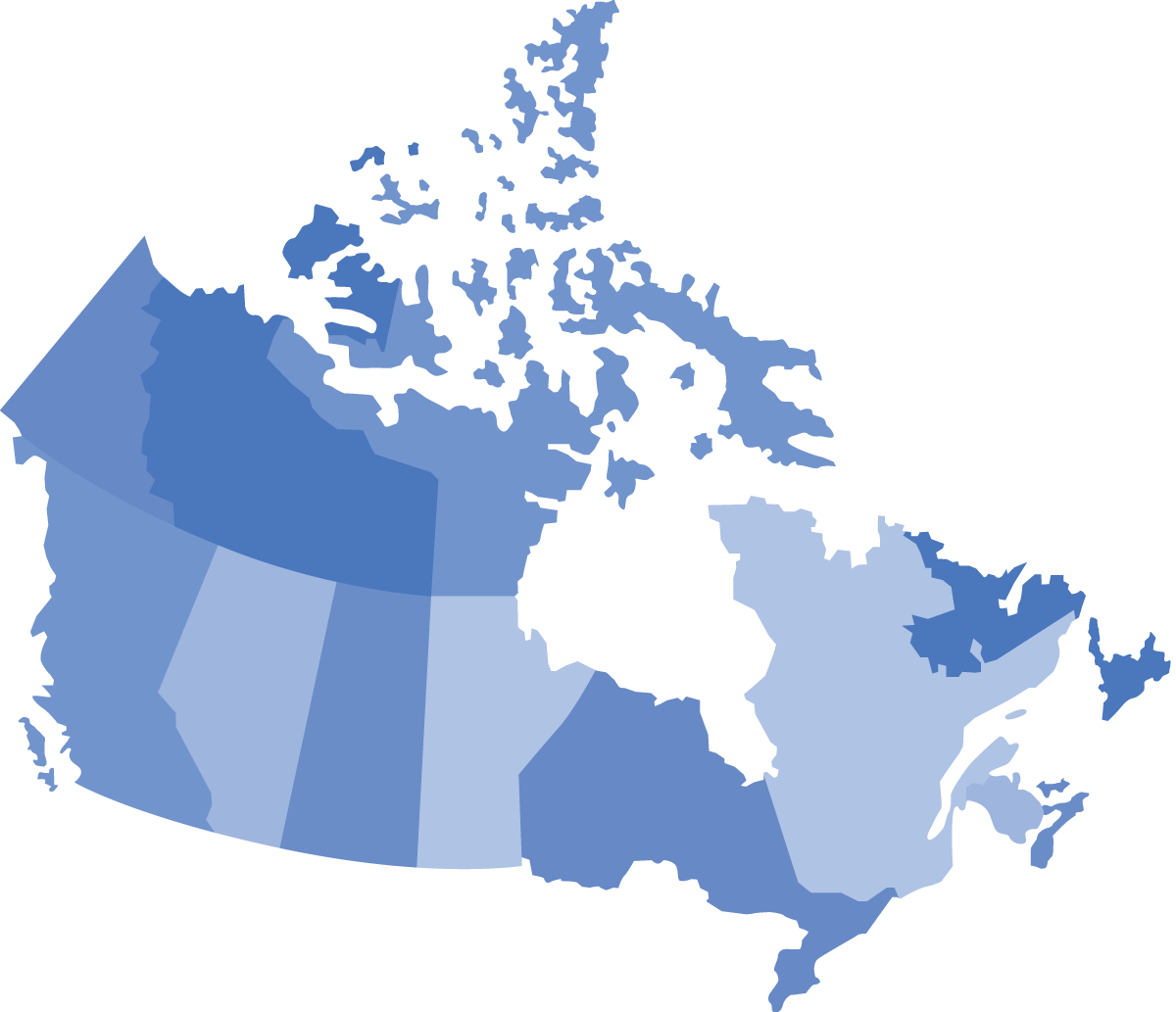-
Understanding Grief ›
-
- Truths about grief
- What grief looks and feels like
- Common challenges with grief
- Grieving before the loss
- Ideas for living with loss
- Grief triggers
- How long grief lasts
- How the loss affects families and others
- When life starts to get better
- Special dates
- Rituals, funerals, and memorials
- Do I need more help?
- Prolonged grief
-
-
Grieving a Death ›
-
Non-death Loss ›
-
Supporting Someone ›
-
Professionals & Volunteers ›
-
Resources & More ›
Grieving a parent
For most people, the death of a parent is deeply significant. However, depending on the relationship, there may be differences from person to person in what makes it significant. For example, you may feel deeply sad and bereft, or you may have a sense of relief or release. Your family and friends may not always understand your grief or respond as you would wish. And your grief may be different from the grief of your other family members. At times, you may have intense or conflicting emotions that leave you feeling overwhelmed or confused. This can happen regardless of your parent’s age, your age, how close you were, or whether you felt prepared.
“When Mom died, Dad busied himself cleaning the garage, my sister was inconsolable, and my uncle disappeared until the day of the funeral. I didn’t understand why they were acting this way. Learning that everyone grieves differently was life changing for me.”
Many things may contribute to your experience of grief when your parent has died:
Your relationship
If you had a close relationship, you might feel that you have lost a part of yourself, or your “anchor,” and you long to talk with them. Virtually all parent-child relationships have struggles along the way. If your relationship was not an easy or positive one, your grief may be more complex. You may feel confused by your emotions and troubled that you did not have the opportunity to resolve things in the way you would have liked. You may grieve for what never was and what never will be, or you may have made your peace with that a long time ago. If others saw your parent as a negative or harmful presence in your life, they may not understand your grief or know how to support you.
The circumstance of the death
After a long illness
If your parent was living with a lengthy illness, your grief may have begun long ago. You may have thought you had done all your grieving before they died and be surprised at your grief response now. If you were a caregiver to your parent, you may feel relieved that this role is over, while at the same time missing the closeness of caregiving. Feelings of relief can exist alongside sadness, longing, and even disbelief that your parent has really died.
After a long life
If your parent died after a long life and was in good health until the end, you may have thought that their death would seem natural or be easier to accept. Losing someone important is hard at any age. Your parent has been a factor in your life for as long as you have lived, and if they were elderly, this may be a very long time. Even though you knew your parent would die one day, you may still find yourself feeling shocked and deeply sad when it happens.
If the death was sudden or unexpected
When death is sudden, it can take some time to understand the full consequence of what has happened. Your first responses may be shock and disbelief. If you feel numb, trust that your other feelings will gradually surface as you take in the reality of what has happened.
Your life circumstances
Your age, your personality, and the other changes going on in your life (such as a new job, moving, separation or divorce, financial struggles) will all have an impact on your grief.
If you are a young adult
Grief can be isolating at any time, but it can be even more so when you are young. You may be the only person in your group of friends who has experienced the loss of a parent, or even experienced death at all. Your friends may not know how to support you, and you might feel especially upset when friends or acquaintances complain about their parents.
Milestones
When your parent is no longer there to share important milestones (such as your graduation, career advancement, or the birth of a baby), the loss may add a layer of sadness to a joyful time. You may find yourself grieving now in anticipation of their absence at these future events.
When your last parent has died
Regardless of how old you are, when your last parent dies, you become part of the oldest generation within your family. This realization may bring a profound or even frightening sense of responsibility or independence. You may feel especially vulnerable and alone, and you may find yourself thinking more about your own mortality.
- You may find it helpful to spend time with people you feel comfortable with, and if you can, let them know what you need. Sometimes you may just need them to listen, and other times you may need silence or distraction.
- If your parent had a lengthy illness, try to recognize the care and support you were able to give them.
- You might find it helpful to think about the “legacy” your parent left. What did you learn from them? What impact did their life have on you or others?
- You may want to think about how you wish to spend birthdays and holidays, and about ways to include them in important milestones. You might write a letter to them or invite someone to speak on their behalf. You might light a candle or display a special object related to them.
- It can be helpful to speak with other people in similar circumstances through a support group or an online resource.
- Consider talking to a healthcare provider or an experienced grief counsellor.
- Encourage them to share stories and memories of their parent with you.
- If they would like, talk to them about your memories and stories of their parent.
- You might want to let them know the characteristics and interests you see that they have in common with their parent.
- Check-in on special holidays when the family might gather and the person will be especially missed.
- Offer to stand-in if they wish when important milestones come up that might normally include the parent.
See also:
If you feel overwhelmed or “stuck” please talk to a health professional or trusted leader in your community such as a doctor, chaplain, nurse practitioner, social worker or school administrator. These trusted people may be able to connect you with appropriate programs, resources, and other forms of needed support such as grief counselling or medical care. You may be able to access counselling services if you have an Extended Health Plan, or through an employee assistance program. It will be important that they have experience in grief counselling. If you have thoughts of or plans to harm yourself or others, go to your nearest Emergency Department, call your local Crisis Line, or call or text 9-8-8 if you are in Canada. It is essential that you reach out for help.
See also:
- Do I need more help?
- MyGrief.ca Module 8 - Do I need more help and where to find it
Our parents can influence our lives in ways we are acutely aware of, and sometimes in ways that aren’t obvious until after their death. There are many things about your life and your relationship that may impact your grief. You may have intense and confusing feelings, and the people around you may not understand your grief or respond as you would wish. You may find it helpful to connect with others in similar circumstances, either through a support group or an online resource, or to talk to an experienced grief counsellor.
See also:
- MyGrief.ca Module 11 - When your parent has died
Video Gallery
Resources
Includes a video from someone who lost their mother, a video from someone who lost both their parents, and a video from someone who lost their father.
Includes how children often feel and react when a parent dies, talking to children about the death, methods of supporting children, changes to family life and how to help children cope, and options fo ... Read more
Talks about the aftermath of the authors father's death in the summer of 2020, and all the grief that occurred around the world at that time.
A website with a blog feature that lets teens who have experienced the death of parent talk and share their experiences and feelings. Website offers an advice forum and an ask-an-expert column where i ... Read more
Tells the story of two siblings who lost their father and how flying a kite let them feel connected to him as they grieved.
Includes how children often feel and react when a parent dies, talking to children about the death, methods of supporting children, changes to family life and how to help children cope, and options fo ... Read more
Talks about the aftermath of the authors father's death in the summer of 2020, and all the grief that occurred around the world at that time.
Tells the story of two siblings who lost their father and how flying a kite let them feel connected to him as they grieved.
A website with a blog feature that lets teens who have experienced the death of parent talk and share their experiences and feelings. Website offers an advice forum and an ask-an-expert column where i ... Read more
Includes a video from someone who lost their mother, a video from someone who lost both their parents, and a video from someone who lost their father.


